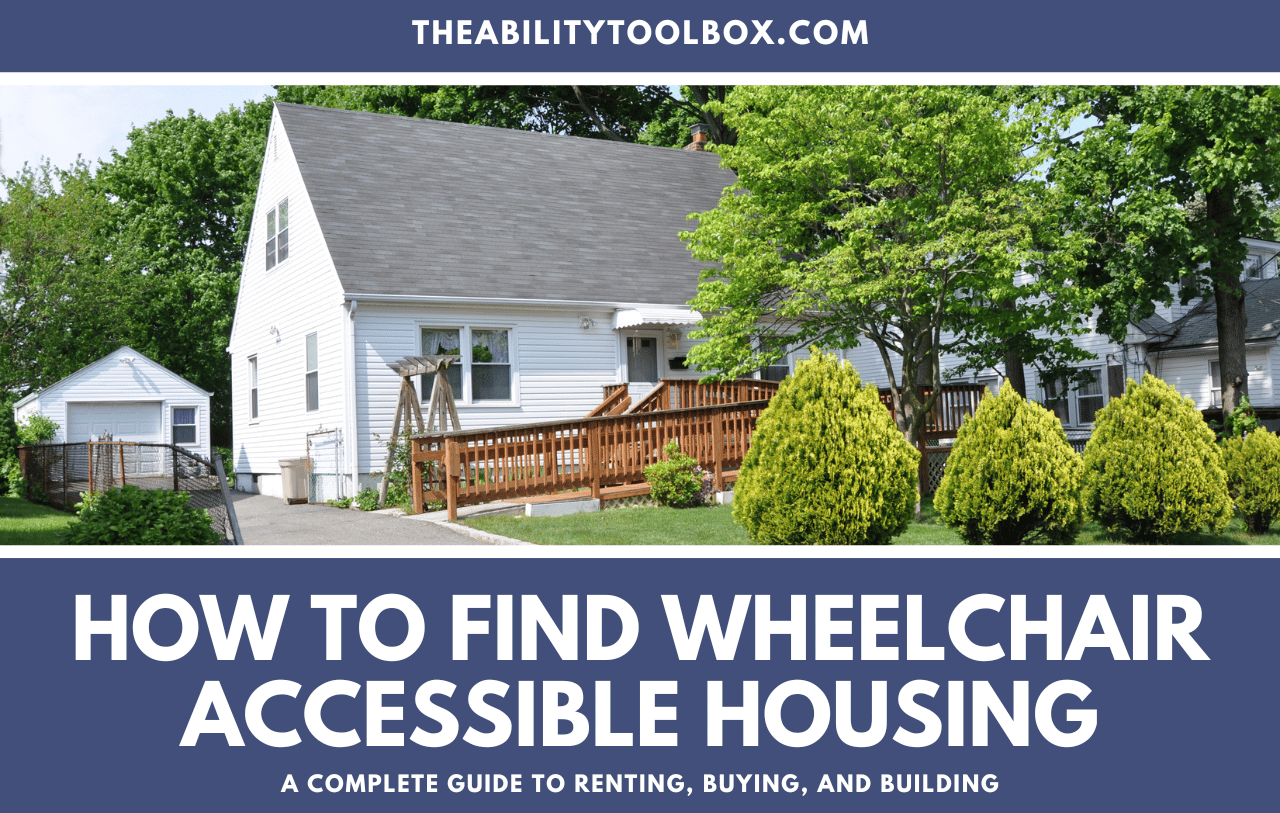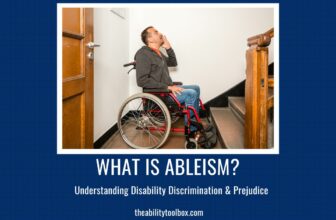
This article describes conversations that may be triggering if you live with an eating disorder. You can contact the National Eating Disorders Association helpline for free, confidential support.
Discussions abound online minimizing or ignoring eating disorders. I can scroll through my social media and read post after post about a new diet a friend is trying, or the struggles of weight loss for another friend, or a friend informing us that they are on a weight loss journey. There are also posts about fatphobia, and stigmatizing fat people by perpetuating diet culture and reducing people to their weight and appearance.
For someone diagnosed with anorexia, this is noise, clashing cymbals that reverberate. It’s a constant reminder that we are failing if we don’t live up to some thin version of ourselves. It’s triggering.
I was diagnosed with anorexia when I was 18. My symptoms began at age 10, when my well-intentioned mother put me on a SlimFast diet. She was chubby in her tweens, and as I started puberty at 10, she saw my body as fat, not a young girl developing naturally. She was worried I would also be chubby, hence, the SlimFast diet. I spoke with pride about my diet, only now recognizing the looks of horror on people’s faces.
My symptoms were normalized. Starving and over-exercising, are just things women should do. Patriarchal ideals of beauty and femininity were goals to achieve. My thin limbs were praised. No one was concerned. When alarm bells finally blared, it was almost too late for me.
My body seemed to mutate. Clothes hanging limp, hair falling out with scalp attached, bones pressing through skin. I stood in front of the mirror, terrified.
Eventually, I received treatment. I’m one of the lucky ones. But I lost my vision as a result of my eating disorder. Regardless, I’ve spent the last 20 years adjusting and learning. Reprogramming my brain is a journey; I’m still on it. In treatment, you learn to identify triggers, and for me, feeling out of control and being overwhelmed, are huge triggers. A fog hits my brain, and destructive ideas twist and tangle, piercing my thoughts like thorns.
My Coping Mechanisms for Eating Disorder Recovery
Find support
- I tell my husband when I’m feeling overwhelmed. Informing him that I’m in a bad place helps. He doesn’t try to fix or give advice; he just supports me, letting me know I’m beautiful.
- My therapist is invaluable. Not everyone has access to mental health care, but if you do, take advantage of it. Without my therapist, I would be adrift, floating away from everything I love.
Physical movement
- If it’s available and an option for you, doing something physical helps me concentrate on something other than my thoughts. With anorexia, I have to be careful with exercise. I try to set intentions and remind myself what this movement is for. Yoga in particular helps me. Not meditative yoga, but just doing a yoga flow. I stay in the present, focused on movement, putting my thoughts aside for the moment.
Writing
- When I’m experiencing strong feelings, I write. Releasing my garbage onto the page helps me reflect and make sense of things. Writing also helps me focus, slow down, and consider why I’m having a feeling and thought.
Eating Disorders Are Mental Illnesses
Half of all Americans know someone with an eating disorder. In the US, 30 million people have an eating disorder. Eating disorders are greatly misunderstood. They impact people of all backgrounds, ages, ethnicities, even body sizes.
In my experience, many people dismiss eating disorders. People don’t consider it a mental illness, and it’s assumed the person can control their behavior. Anorexia and eating disorders are mental illnesses. People who have not been treated for their eating disorders are not in control. When I finally realized I had a problem, I didn’t know how to stop.
Anorexia
- Leads to emotional and cognitive issues impacting one’s ability to function.
- Changes brain structure, neurochemistry, and metabolism, because of food restriction.
- Causes people to struggle to adopt healthy behaviors because of this restructuring.
- Can be genetically inherited.
- Is one of the leading causes of death among people with mental illness.
Similar to alcoholics and addicts, people with eating disorders are never “cured,” but spend their lives practicing what they learn in recovery. We live in a world obsessed with body image and diets and healthy living, and we have to identify our triggers, learn when to remove ourselves from situations, and create healthy spaces so we can thrive.
Your Conversations Can Trigger a Loved One with an Eating Disorder
If your loved one has an eating disorder or is in recovery, your words matter.
It doesn’t help when people close to me fail to remember how conversations about weight and diet impact me. The holidays are the worst. A table weighed down with food, much of it loaded with fats, calories, and carbs. As forkfuls jab into mouths, people mumble about how they need to lose weight. Knives scrape, teeth chomp, lips smack, conversations flow around, and the incessant buzz of who’s starting a diet for New Year’s, and how a walk is necessary after dinner.
Friends feel energized after beginning workouts and diet regimens, insisting they don’t feel like themselves until they reach a certain dress size. Daily weigh-ins, constant exercise, and restrictive diets, are warm memories for me, tempting and tantalizing.
Sitting on the beach, enjoying the sun kissing me, the breeze drifting across my body with the smell of the sea, the conversation between my mom and sisters bores into my brain, detaching me from the tranquility. Discussions about what the perfect body is. Needing to work harder to be skinny again. Over and over and over and over and over and over. It’s endless.
It also pisses me off. All the work I’ve done, am doing, to reprogram my brain to recognize and embrace all bodies, my body. And here I’m confronted with interactions uplifting beauty ideals built upon patriarchal standards. Growing up in a culture that glorified patriarchal standards of beauty left an imprint upon me. It’s deep, penetrating beneath my skin. It’s difficult to not get caught up in these discussions. But I know if I do, I will find myself in the eye of a hurricane.
How Family and Friends Can Change Their Mindsets and Support a Loved One with an Eating Disorder
We need to stop normalizing behavior that is reductive, determining our worth and value based on what size we wear. Upholding patriarchal standards of femininity holds us back, creating oppressive environments that devalue us as human beings.
For those of us living with an eating disorder diagnosis, these ideals make it difficult for us to leave the dark and acknowledge that we are whole, that our body size does not dictate our worth, our ability to love and be loved.
Please, family and friends, remember this for us, for yourselves.
Image by Stefan Keller from Pixabay
I'm a writer, marketer and mom from the American midwest. My work has appeared in Hippocampus Magazine, Random Sample Review, Parents.com, The Insider and elsewhere. I'm also a contributing writer for the Omaha Daily Record.
Addicted to coconut milk lattes, I spend my days in a flurry of activity, usually unsure what day it is. I say my favorite pastimes are yoga and reading, but really, it's watching streaming apps and scrolling Twitter. When not trying to work between chasing kids, picking up and creating schedules for multiple people in my house, I'm a Broadway star-- ahem-- in my dreams that is.







